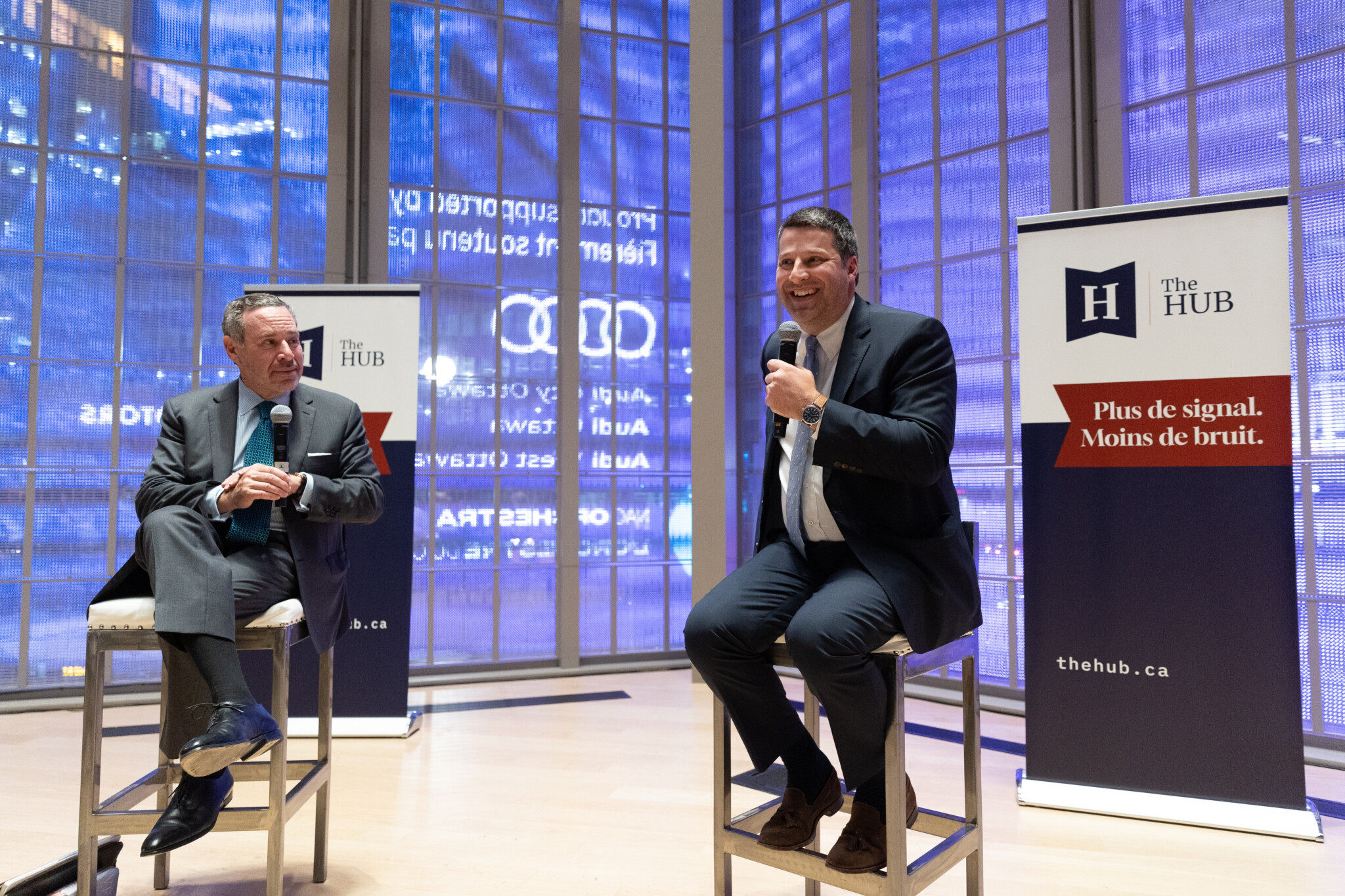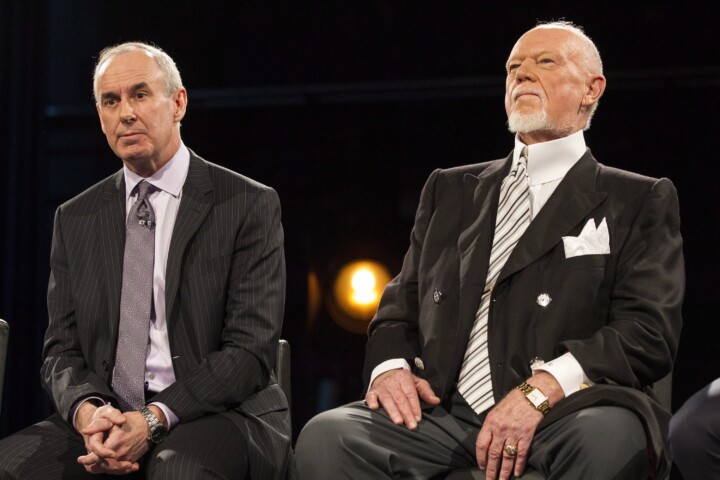This past Wednesday, Hub readers and listeners in Ottawa were treated to an intimate and informative conversation between co-founder and editor-at-large Sean Speer and journalist and author David Frum, organized by the Centre for Civic Engagement.
The conversation, which was held at the National Arts Centre, touched on everything from the state of the U.S. presidential election, to Israel’s fight against Hezbollah, to the role Canada must play on the world stage, to Frum’s call for a type of conservatism that is broadly appealing and ready to govern the country.
“The game in Canada needs to be about serious government-oriented conservatism,” Frum told a sold-out audience of MPs, journalists, lobbyists, and locals. “You need to be present in the cities. You need to be present where people have college degrees. You need to be attractive to women. You need to be attractive to different kinds of people from different kinds of backgrounds.”
You can listen to that conversation, in podcast form, here.
In the coming months, Hub readers will have the chance to attend an increasing number of live in-person events featuring a variety of smart thinkers. These will include David Frum, as well as American public policy advisor Oren Cass. We’ll also be holding pub nights that will give our audience the chance to speak face-to-face with Hub staff. These events will take place in Calgary, Toronto, and Ottawa. Stay tuned for those announcements.
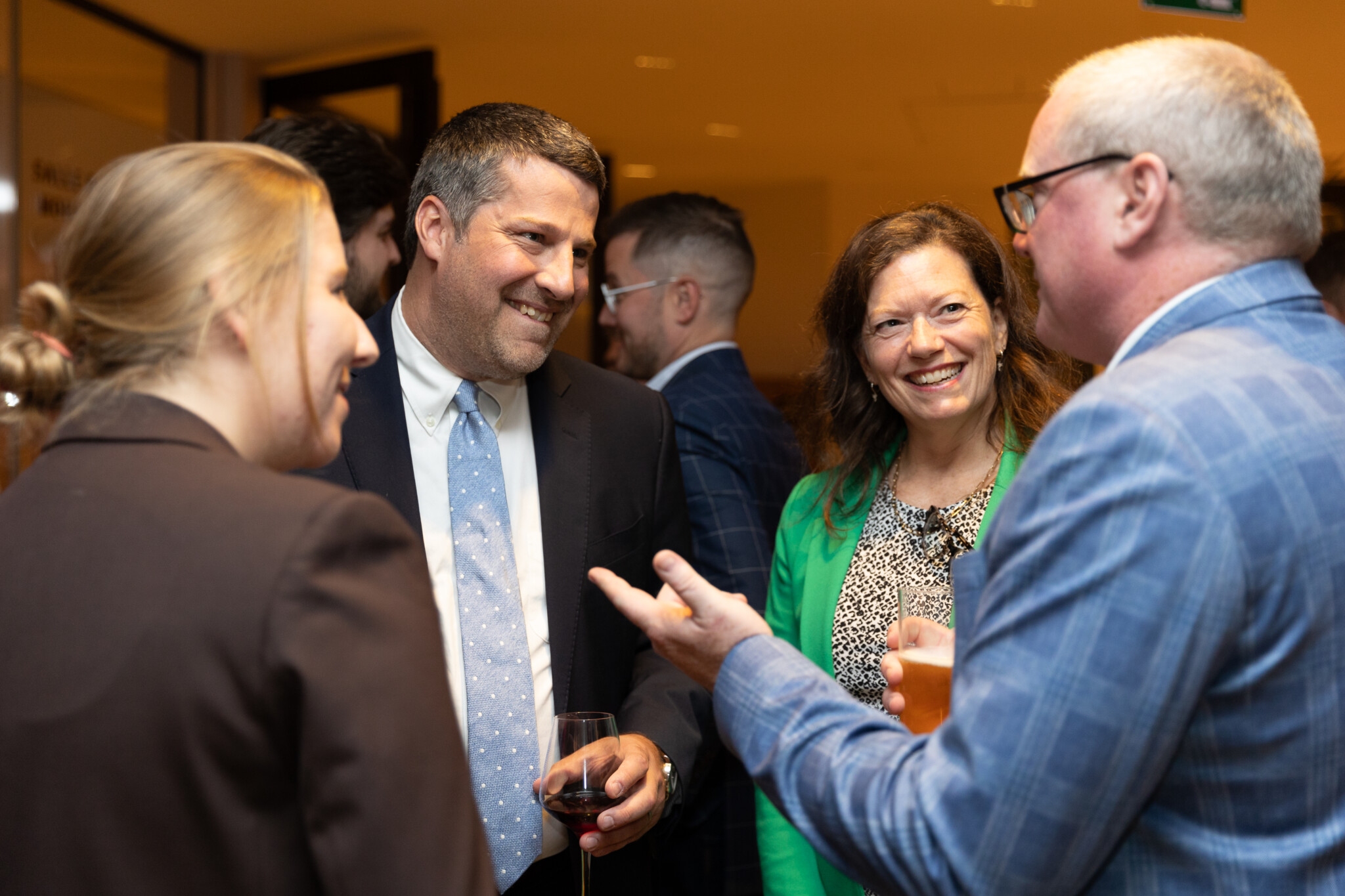
Photos by: Sarah Bradley, iShootEvents
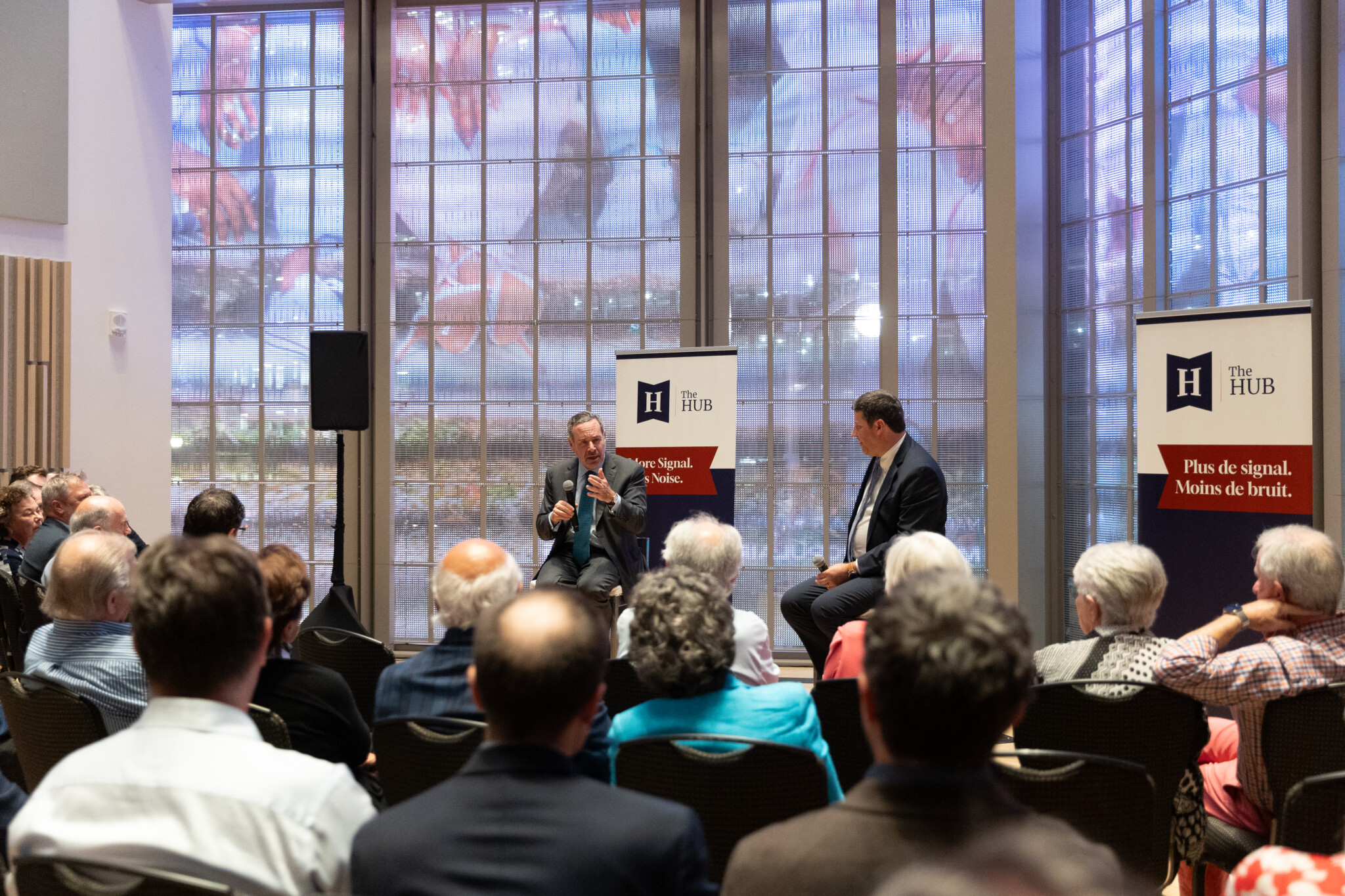
Photos by: Sarah Bradley, iShootEvents
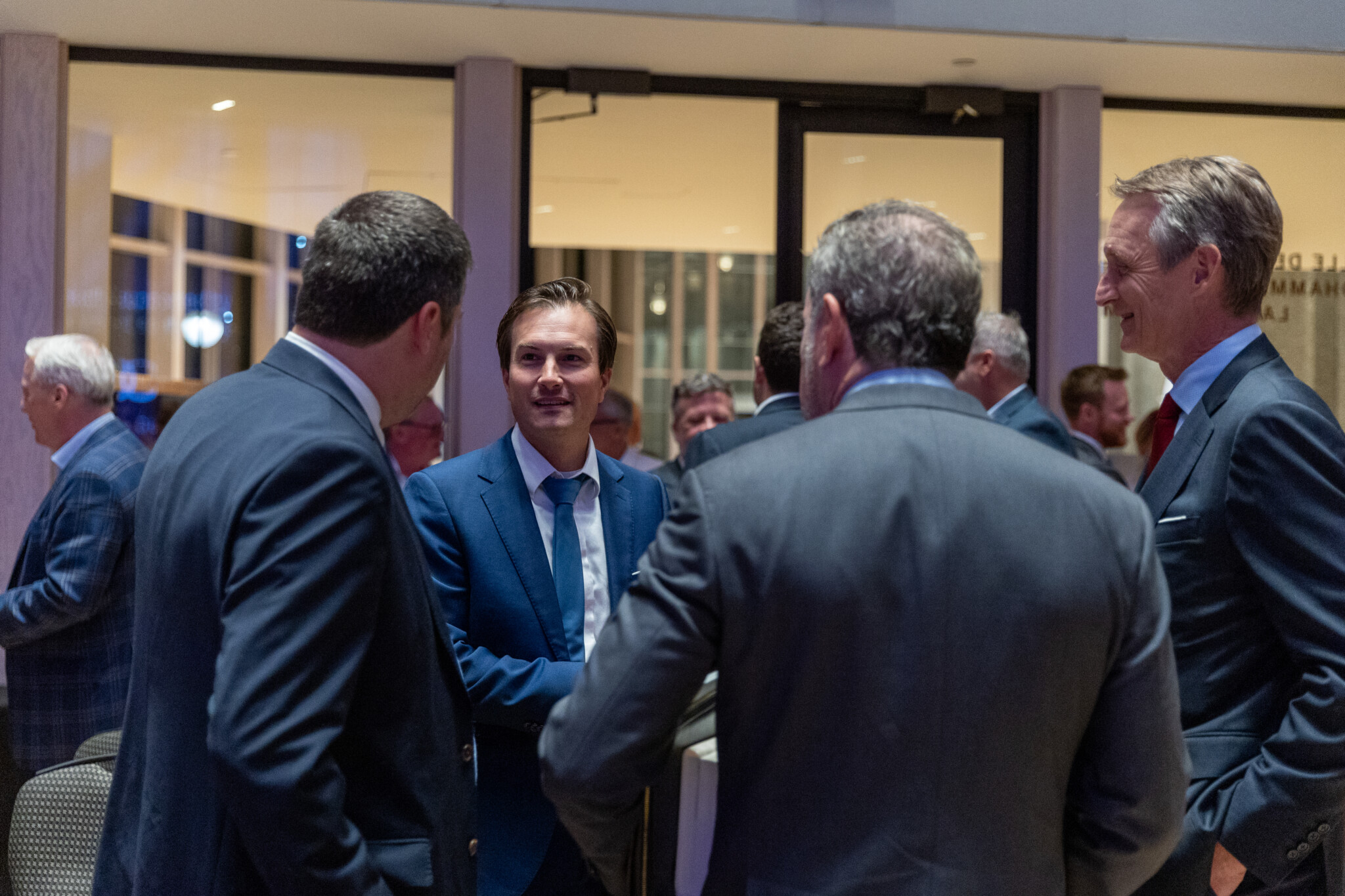
Photos by: Sarah Bradley, iShootEvents
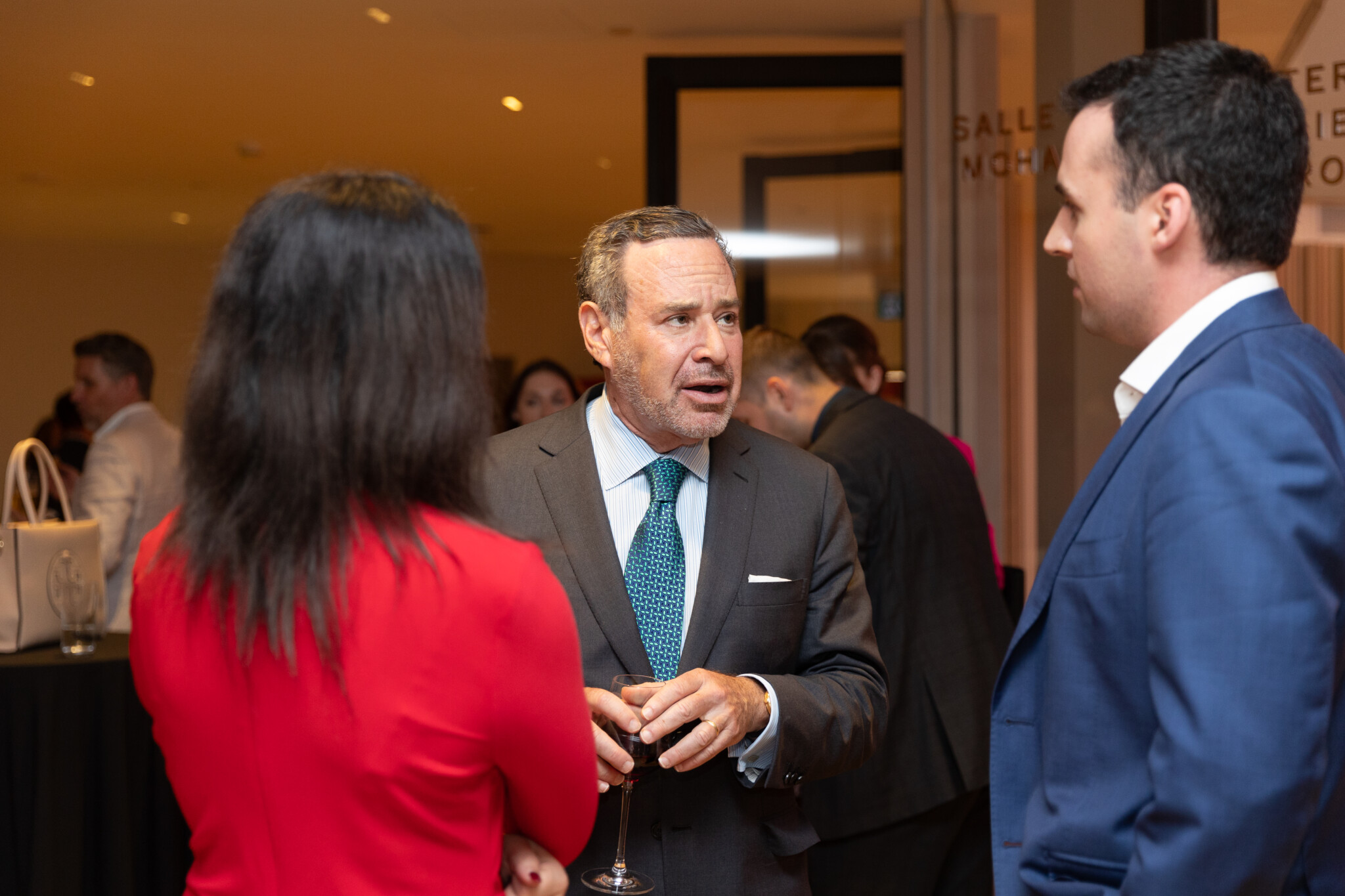
Photos by: Sarah Bradley, iShootEvents
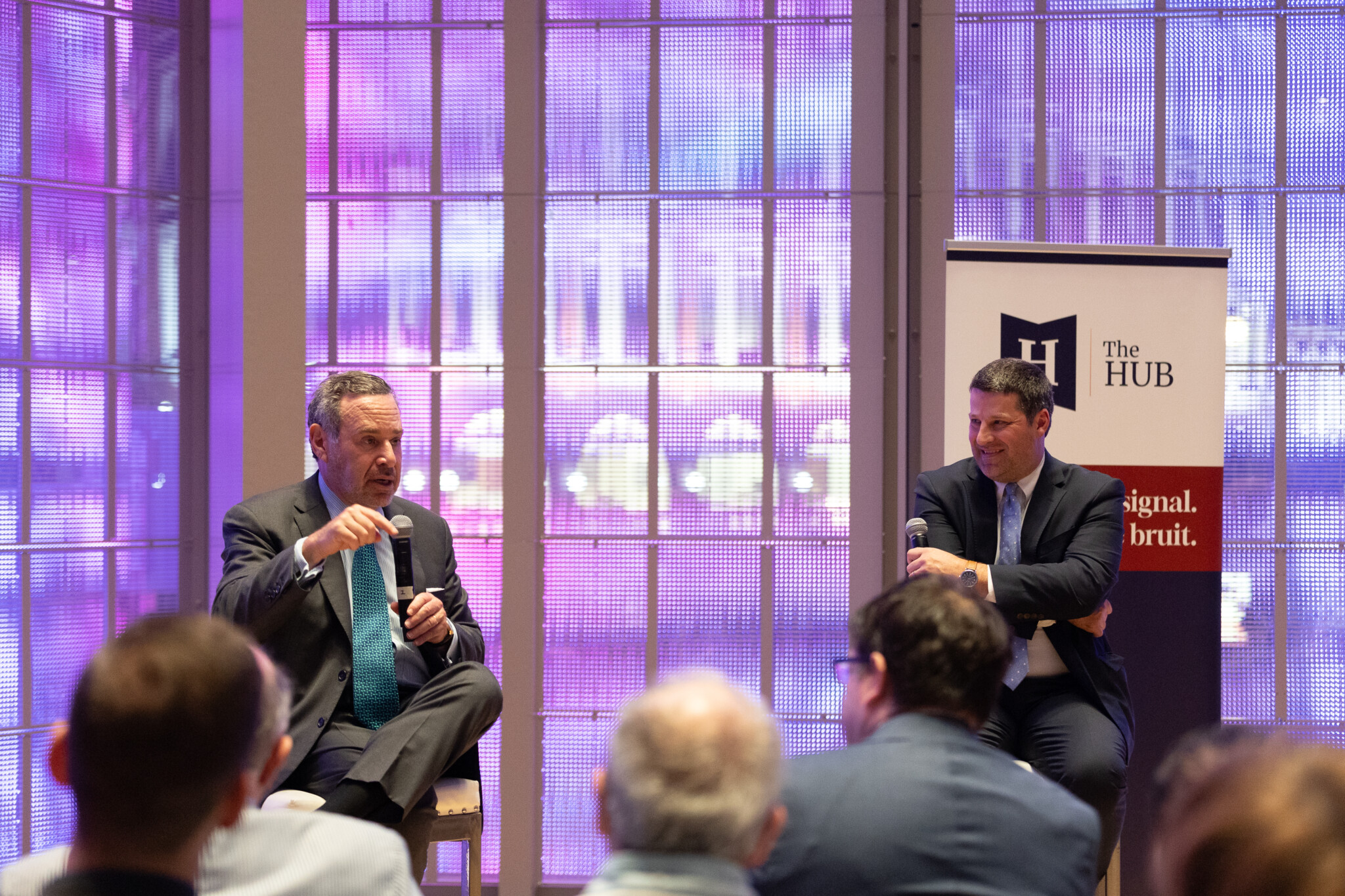
Photos by: Sarah Bradley, iShootEvents
